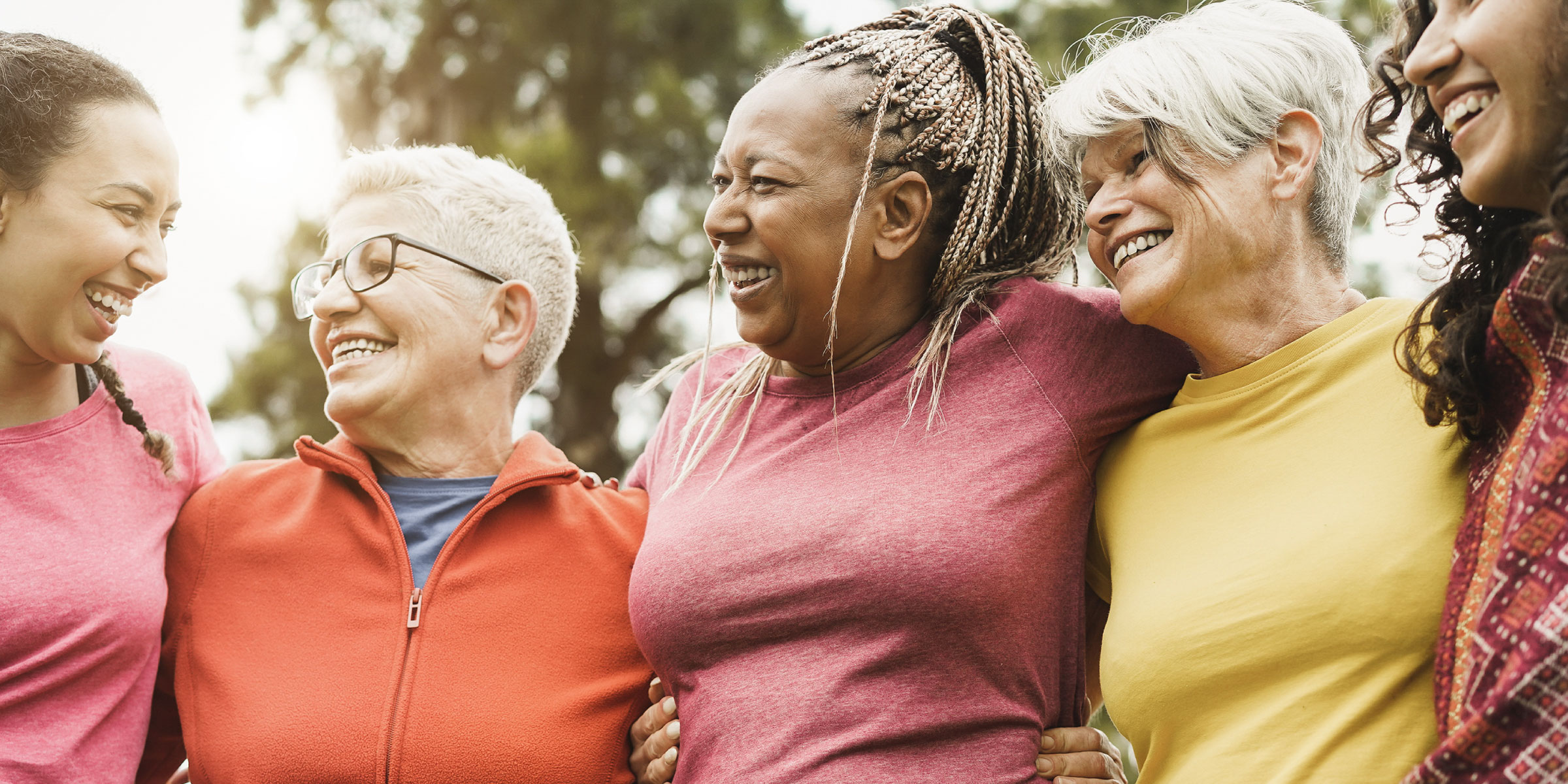Anonymous – New Zealand
Before Treatment As a Pasifika woman of Samoan and Tongan descent, a wife, mother, and grandmother, lifting the shame and overcoming the fear of telling others you constantly pee in your pants was an issue for me. It wasn’t until a family relative found out from her palagi (pakeha) friends about a vagina sling operation that she went to see her local doctor who supported her in having a successful operation. I credit my relative’s courage to talanoa (talk story) and to tell me. We began to have conversations about other Pasifika women in our own family (those who have passed), our own churches and community circles who also struggled with incontinence. Either they were not aware of this service or there was shame and fear accessing the service. Though it took me about seven years in total to seek treatment after my relative’s story, I approached a female doctor. Culturally and spiritually (Christian faith), I found it inappropriate to talk to a male doctor about private parts of my body that are tapu (sacred) and spiritually my body is a precious temple, so entering into a conversation about incontinence with any professional practitioner was treading on vā tapuia (sacred relational) ground. I told my doctor about my symptoms (prior to treatment) of leaking whenever I went for a jog, a brisk walk, danced at family functions, and laughed. Also, that it was impacting my everyday functioning. For example, at work when I was talking to colleagues, I would excuse myself as the urgency to pee caused me to run to the toilet. It was so embarrassing.
Treatment As a Pasifika woman, I believe it is so important to include Pasifika values of respect, relationship, and family in any diagnosis or treatment process. Right from the initial engagement, my consultant gynaecologist and obstetrician’s respect, warmth, smile, sense of humour, informative and knowledgeable approach enabled me to build rapport, relationship, and trust with her. In dealing with my personal fears and anxiety about the possibilities of surgery, a family member would attend and sit in with me on some appointments. With the positive medical relationship and my family being involved, the diagnosis of urinary incontinence seemed a relief and that it was going to be okay. Recommended treatments that I recalled prior to the diagnosis were exercising to strengthen my pelvic floor muscles, keeping a leakage diary to capture the frequency and intensity of the incontinence. I was referred for surgery and the outcome of this was positive and successful.
After Treatment My quality of life has changed significantly. I can now go for a jog, a brisk walk, dance at family functions, and laugh out loud without any leakage. Even my family members have commented that I seem more confident, and I look healthier. My functioning at work has dramatically improved, in that I no longer have that urgency to run to the toilet. In my post treatment appointments, I have thanked my surgeon and acknowledged her skill, expertise, relational warmth and kindness throughout this whole treatment and surgery process. Culturally and spiritually, I feel blessed and grateful to God and my family. I truly feel my body is even more sacred now than ever and this has increased my awareness around the importance of health and wellbeing for women. Over the last thirty years I have been married to a man of Maori descent. My heart goes out to our Polynesian women who are of Pasifika and Maori descent and their personal health and wellbeing. We are often busy looking after our family and our own needs are put aside. I want them to know that they too are entitled to access this medical treatment for themselves, because in fact, if you look after the women in the family, then the aigapotopoto, fanau mo fanau (extended family and grandchildren) and whanau will benefit. Therefore, I humbly recommend to other Pasifika and Māori women to start thinking about your personal care and wellbeing, to possibly talk to one other person in your family, peers, community or church support person, about what you are going through. Together you may or may not go and see your local doctor to start that talanoa conversation about what are your treatment options. I encourage you all to access these services to optimise your own health and wellbeing.
